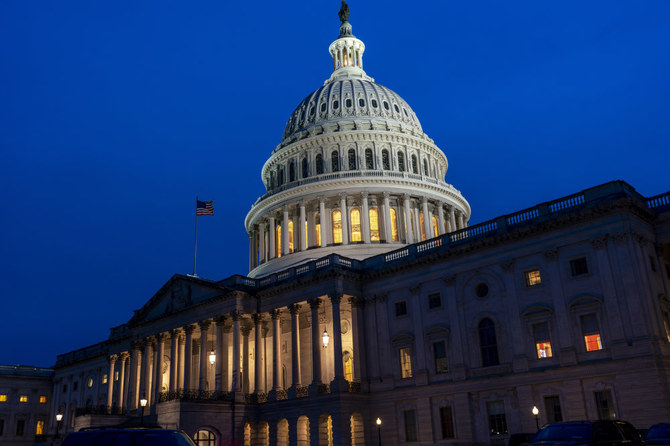
Until recently, Mullah Abdul Ghani Baradar, was on a blacklist of terrorists compiled by the United States. A co-founder of the Taliban in Afghanistan, and deputy to Mullah Mohammed Omar, he was captured in February 2010 in Pakistan by a joint team of Pakistani Inter-Services Intelligence and US Central Intelligence Agency officers.
On October 25, 2018, the Taliban announced that Pakistan had released Baradar. Zalmay Khalilzad, Washington’s special envoy to Afghanistan, said that he had been freed at the request of the United States. Baradar was subsequently appointed chief of the Taliban"s diplomatic office in Doha, Qatar.
One of the world’s most-wanted terrorists, a criminal who was supposed to face justice for his crimes against Afghans, is now free to sit alongside the US envoy. Special arrangements were made to allow this notorious terrorist to travel to Qatar from Pakistan without a passport to attend these so called important peace talks with the US.
The US is believed to be planning to withdraw its troops from Afghanistan and make peace with Taliban in return for a guarantee that the group will not allow any other militias or terrorist organizations, such as Al-Qaeda or Daesh, to operate from inside Afghanistan and carry out attacks on US troops or their allies.
No details of these secret talks between Washington and the Taliban have so far been shared with the Afghan government or the people of this country who, as the main victims of the Taliban, paid the highest price during its rule. The Taliban carried out horrifying crimes against humanity after seizing control of the nation, and hundreds of thousands of Afghans, security forces and civilians alike, were killed.
Mass executions of civilians were carried out based on the group’s brutal interpretation of Shariah. Its crimes were not limited to certain ethnic or religious groups — all men, women and children lived in fear of Taliban persecution. Now the terrifying prospect of the Taliban’s return is generating fear among ordinary Afghans and the country’s legitimate government.
Peace is desperately required in Afghanistan, but it must not come at the expense of a process that accepts the legitimacy of the terror group, discredits the constitution and ignores the rights of the people.
Camelia Entekhabifard
What the US special envoy has revealed of his talks with the terrorist group sounds to many Afghans, including the National Unity Government of Ashraf Ghani and Abdullah Abdullah, like legitimization of the Taliban.
The most important achievement of 18 years free of Taliban rule has been a constitution that guarantees the rights of all Afghans, regardless of gender or ethnic background. Taliban leaders have made it clear that they do not recognize this constitution and will not negotiate with the current government, which is an insult to the millions of Afghans who democratically approved the constitution and voted for their representatives. Not only are the rights of the Afghan people being ignored but the continuation of the talks with the Taliban without any representatives of the National Unity Government is undermining the legitimacy and authority of the government and discrediting the constitution.
Many Afghans are suspicious about the motivations of the US envoy, and have been asking on social media why the blood of foreigners appears to have more value than that of Afghans, given that Khalilzad is reportedly only asking for guarantees that terrorists will not attack foreigners — what about Afghans?
The US is also putting pressure on Qatar to grant visas to a group of Afghan women and civil-rights activists so that they can sit with the Taliban during the peace talks. This appears to many to be just for show, another attempt to legitimize the terror group by illustrating that its members are now reformed and civilized because they prepared to hold discussions with women and rights campaigners.
But such stunts do not mean that constitutional rights will be fully observed by the Taliban, and the Afghan people cannot be fooled so easily.
Sources tell me the Afghan government is under pressure to issue a passport to Baradar, a man most people in the country want to see face justice for his crimes against the Afghan people. Peace is desperately required in Afghanistan, but it must not come at the expense of a process that accepts the legitimacy of the terror group, discredits the constitution and ignores the rights of the people.
Their government must be allowed to represent them at the peace talks and safeguard their rights. Otherwise, these rushed discussions will achieve nothing, other that claiming more victims among the Afghan people in the near future.
• Camelia Entekhabifard is an Iranian-American journalist, political commentator and author of Camelia: Save Yourself By Telling the Truth (Seven Stories Press, 2008).
Twitter: @CameliaFard












